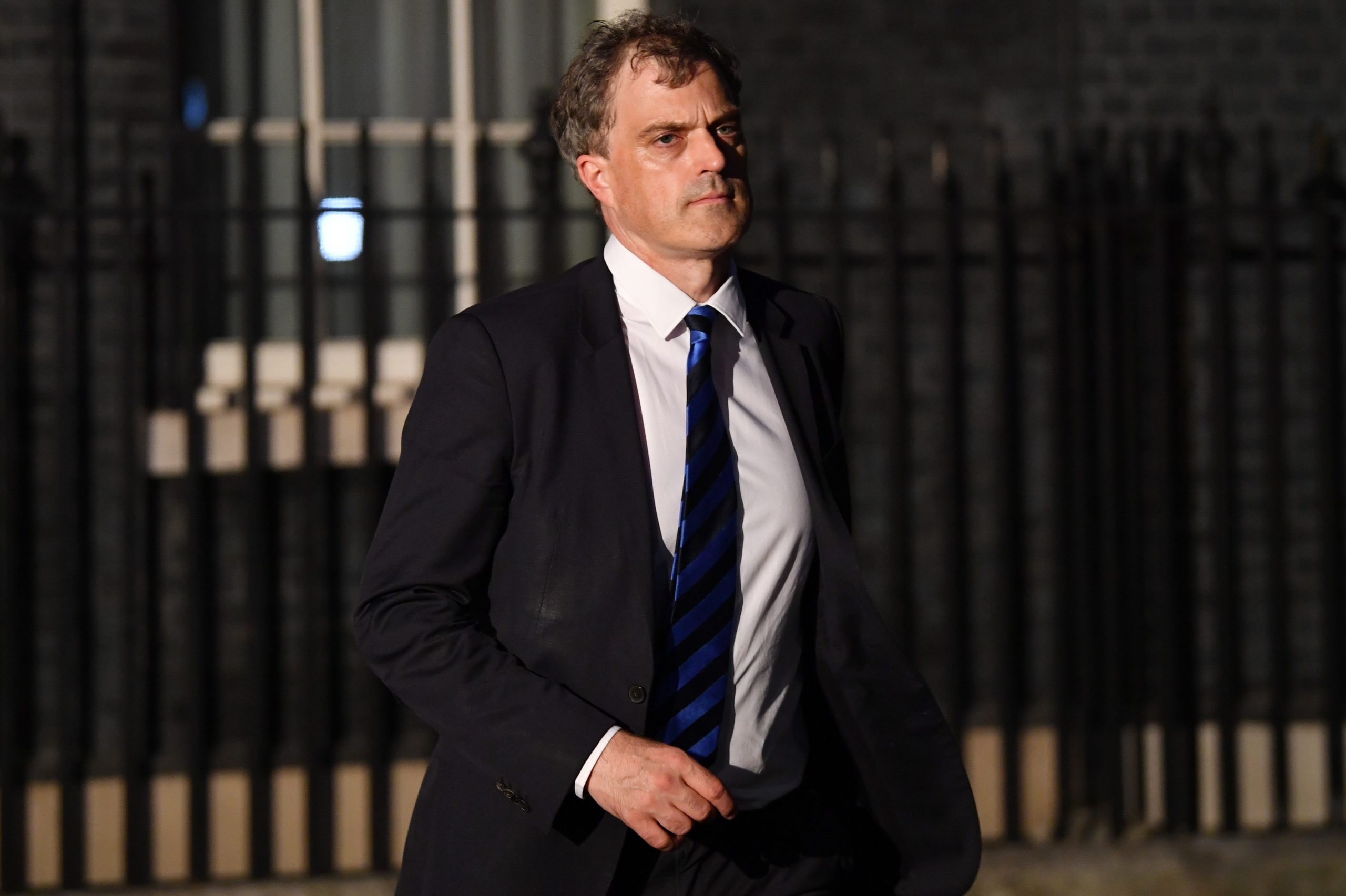
One of the stranger subplots of Boris Johnson’s march to the Conservative leadership was the sheer number of his supporters who were said to covet the job of Northern Ireland Secretary.
The post is not a Cabinet position many of its holders, or indeed the prime ministers who appoint to it, have looked upon kindly: Reginald Maudling spoke for many when he described his new domain as a “bloody awful country” after his first visit. David Cameron, meanwhile, treated the Northern Ireland Office as a dumping ground for ministers he did not like but could not dispense with.
Yet Brexit and the government’s confidence and supply arrangement with the DUP have given the job a certain lustre – and importance. Gavin Williamson, Conor Burns, Michael Fallon, and Michael Gove were all tipped, but in the end Boris Johnson chose a minister widely assumed to have come to the end of his time in government: Julian Smith.
Having ultimately failed to keep one government from disintegrating, the former Chief Whip’s immediate task will be to revive – or more likely wind down – the latest, stalled set of talks to restore another: the power-sharing executive at Stormont, which has not sat for two and a half years.
Both Karen Bradley and James Brokenshire failed to pull it off. Can Smith, a Remainer in 2016, succeed where they failed? It seems unlikely. Though neither of May’s Northern Ireland Secretaries was particularly well regarded at Stormont, the lack of a devolved government ultimately reflects the unwillingness of Sinn Fein and the DUP to return to office. Each party has a veto over the other, and the passage of legislation to legalise same-sex marriage and abortion from Westminster by October should the impasse continue means Sinn Fein have little incentive to return.
In that respect, Smith won’t be able to defy gravity. But his knowledge of the parliamentary numbers (especially on contentious issues like Troubles legacy prosecutions), procedure and the DUP’s 10 MPs means he would be better-placed than most to administer direct rule from Westminster – a demand Nigel Dodds et al are making with increasing impatience.
Should Johnson want to keep his majority, heeding that call would be advisable. The DUP believe that the Commons’ decision to legislate for equal marriage and abortion from Westminster sets a precedent that demands ministers to act on other issues. Without a hint of irony, Bradley used her first question from the backbenches to ask Johnson to legislate to compensate survivors of historical institutional abuse – a running sore that unites every party at Stormont – despite having been begged to do so for months. That bill will sit at the top of Smith’s in-tray.
A no-deal Brexit will demand direct rule too. For Smith, balancing the need for impartiality with the government’s political self-interest – and not to mention salvaging the reputation of his office after Bradley’s calamitous tenure – will be just as difficult as his last job.






